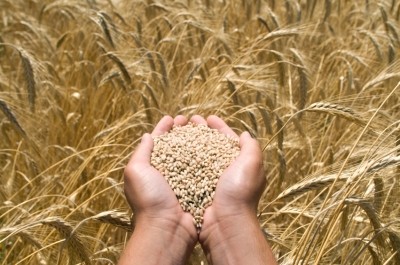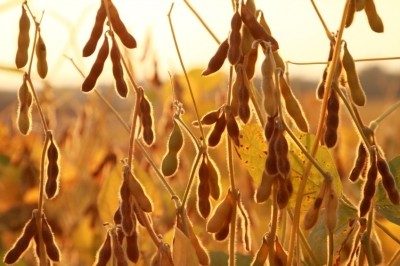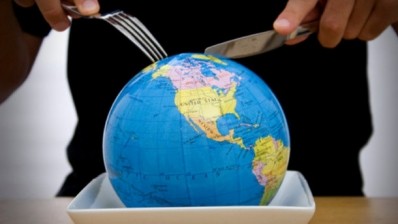Study reveals growing global reliance on handful of crops

According to a study published in PNAS (Proceedings of the National Academy of Sciences), the global food supply has increased in terms of the number of calories, protein, fat and weight of food available per person, as has the proportion of energy-dense food. However, the nutritional quality of diets has declined as the range of foods consumed has narrowed, the study’s authors said.
"More people are consuming more calories, protein and fat, and they rely increasingly on a short list of major food crops, like wheat, maize and soybean, along with meat and dairy products, for most of their food," said lead author Colin Khoury, a scientist at the Colombia-based International Center for Tropical Agriculture (CIAT). "These foods are critical for combating world hunger, but relying on a global diet of such limited diversity obligates us to bolster the nutritional quality of the major crops, as consumption of other nutritious grains and vegetables declines."
The researchers found that while diets have become less diverse on a global level, they have become more diverse in some regions, including parts of Africa and Asia. However, many regional crops, such as grains, root crops and some vegetables, have lost importance on a local level as diets have become more globalised.
High energy vegetable oils, like soy, palm and sunflower, have risen in importance in the past 50 years, while staple crops like wheat, maize, rice and potato have retained the dominance they had half a century ago to the present day.
Decreased diversity, increased vulnerability
Luigi Guarino, study co-author and senior scientist at the Global Crop Diversity Trust, added that increasingly homogeneous global diets make agriculture more vulnerable to disease, pests and drought.
“As the global population rises and the pressure increases on our global food system, so does our dependence on the global crops and production systems that feed us,” he said. “The price of failure of any of these crops will become very high.”
Nutrition evolution
The researchers concluded that demand for certain foods is likely to continue to evolve in response to sustainability and health pressures, perhaps shifting away from animal-derived foods and high energy plant-based foods.
“The trajectory of north European food supplies appears to be demonstrating such a trend,” they wrote. “Providing that alternative food crops may still be encountered, a further diversification of food supplies with interesting and nutritious crop plants may bolster this evolution.”
Source: PNAS
“Increasing homogeneity in global food supplies and the implications for food security”
Authors: Colin K. Khoury, Anne D. Bjorkman, Hannes Dempewolf, Julian Ramirez-Villegas, Luigi Guarino, Andy Jarvis, Loren H. Rieseberg and Paul C. Struik
























